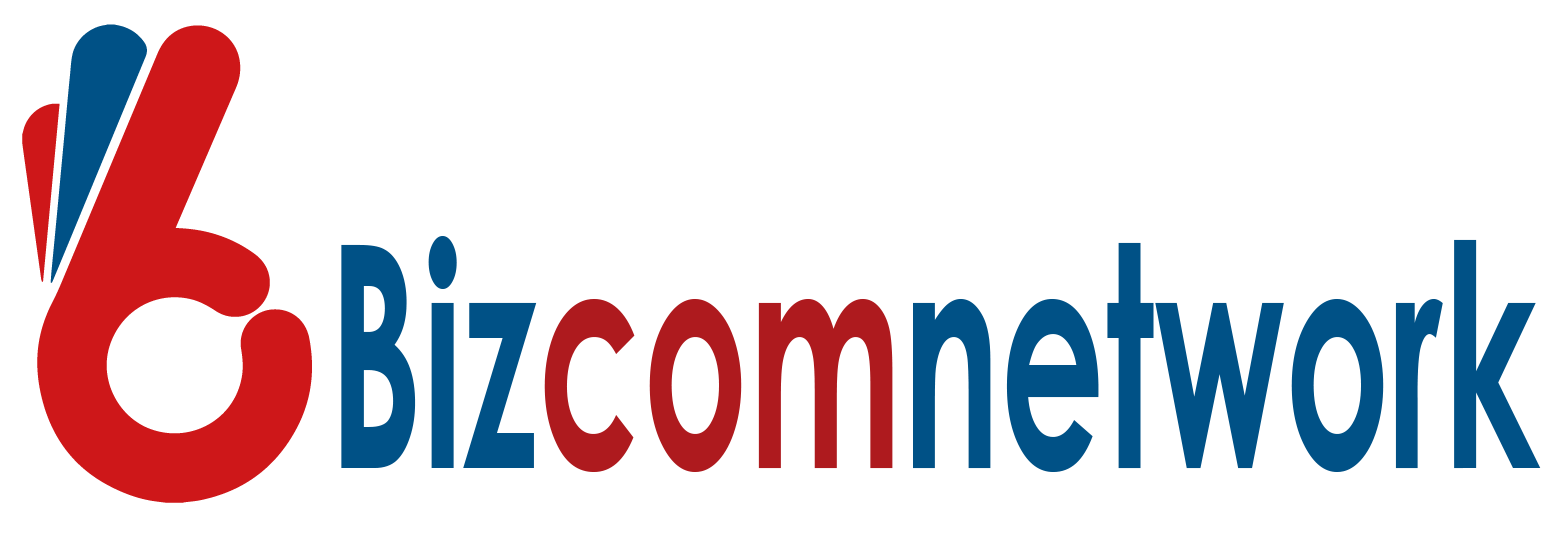What is domain authority?
Domain Authority (DA) is a metric developed by Moz, a well-known SEO (Search Engine Optimization) software company. It is a numerical score that quantifies the authority and credibility of a website in the eyes of search engines. The score ranges from 0 to 100, with higher scores indicating a stronger and more authoritative website.
Several factors contribute to a website's Domain Authority, and it's important to note that DA is not a metric used by search engines themselves (such as Google) to determine search rankings. Instead, it's a tool created by Moz to help website owners and SEO professionals assess the potential performance of a site in search engine results. Key factors that influence Domain Authority include: Linking Root Domains: The number of unique websites (root domains) linking to a particular site is a crucial factor. Generally, the more high-quality and diverse backlinks a site has, the higher its Domain Authority.
Quality of Backlinks: The quality of the backlinks matters more than the quantity. Backlinks from authoritative and reputable websites carry more weight in determining Domain Authority.
Content Quality: The relevance and quality of the content on a website contribute to its Domain Authority. Well-written, informative, and engaging content tends to attract more links and signals authority to search engines.
Website Structure and User Experience: A well-organized and user-friendly website structure positively impacts Domain Authority. Easy navigation and a positive user experience contribute to a site's overall credibility.
Social Signals: While the impact of social signals on SEO is debated, some correlation exists between social media presence and Domain Authority. A strong social media presence can indirectly contribute to a site's authority.
Website Age: The age of a domain can influence its Domain Authority. Older, well-established domains may have an advantage over newer ones, but it's not the sole determining factor.
It's important to note that Domain Authority is a relative metric, and the score should be used to compare websites within a similar niche or industry. A score of 50 may be considered good in one industry but not as strong in another. Additionally, Domain Authority is just one of many factors that search engines consider when ranking websites. Google, for example, uses its own algorithms, and they don't disclose the specifics of how sites are ranked. Webmasters and SEO professionals often use Domain Authority as a benchmark to track the overall strength of their websites and to compare against competitors. Regularly monitoring and improving factors that influence Domain Authority can contribute to better search engine visibility over time.
